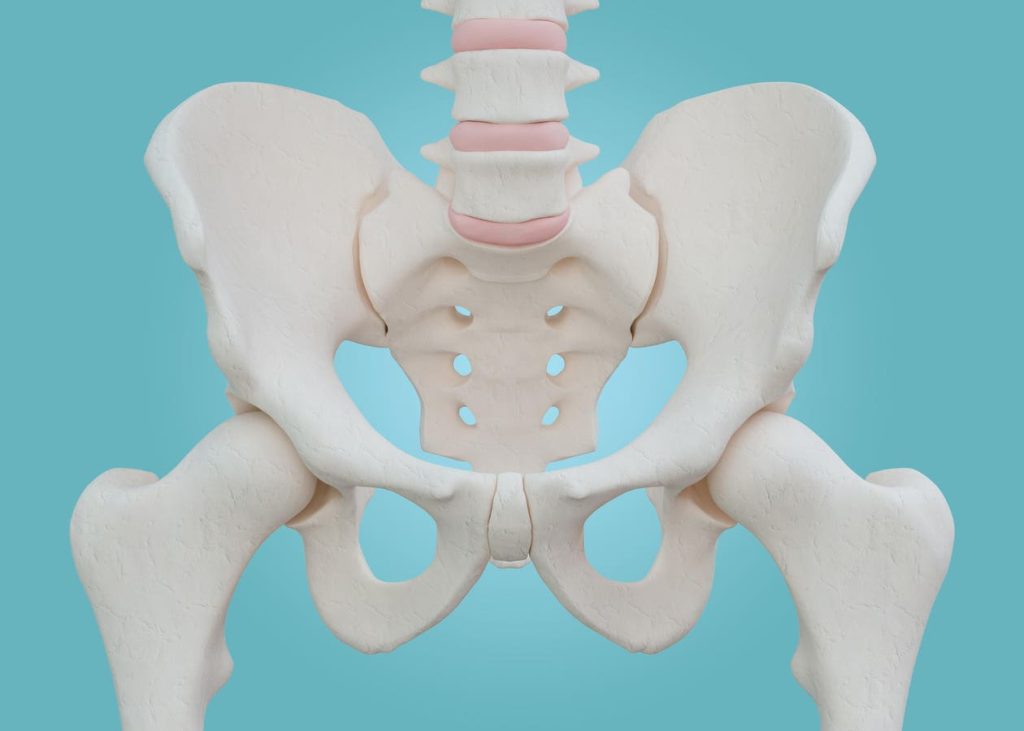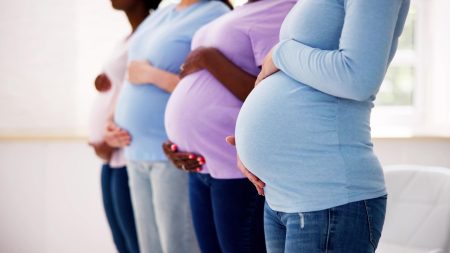In a new study conducted by Canadian researchers, it was discovered that hip and spine fractures in older adults have lower survival rates than many types of cancer. The researchers analyzed data from nearly 100,000 individuals over the age of 65 who had suffered from a documented fracture in the hip or spine. The findings revealed that less than a third of men and half of women in the fracture group survived for more than five years post-fracture, with even worse outcomes for those aged 85 and above. This survival rate was lower than the five-year survival rate for patients between 60 and 79 diagnosed with any kind of cancer.
Women had better overall survival rates, but were more likely to suffer a fracture, as men generally have denser bones that offer more protection against damage. Additionally, women who have gone through menopause no longer produce estrogen, which is essential for bone health. The study also highlighted the critical nature of the first month following a fracture, with the most significant reduction in survival occurring during this time, regardless of the age or sex of the participants.
The implications of the study underscore the danger that bone fractures, particularly hip and spine fractures, pose to older adults. With survival rates lower than many types of cancer, the risk of fractures should not be underestimated. The study also emphasized the importance of effective clinical intervention during the first month after a fracture to reduce fracture-related deaths. Medical practitioners should be aware of the “frailty-fracture” cycle that some patients may experience, where a fracture and subsequent bedrest can make a patient frailer and more prone to future fractures.
The study’s findings emphasize the importance of prevention in maintaining strong, dense bones in older adults. This can be achieved through regular exercise, especially weight training, which helps improve bone health, as well as a protein-rich diet to maintain strong bones and muscles. Strong muscles can improve balance, reducing the risk of accidental falls that could lead to fractures. Overall, the study highlights the importance of prioritizing bone health in older adults to reduce the risk of fractures and improve overall health outcomes.















